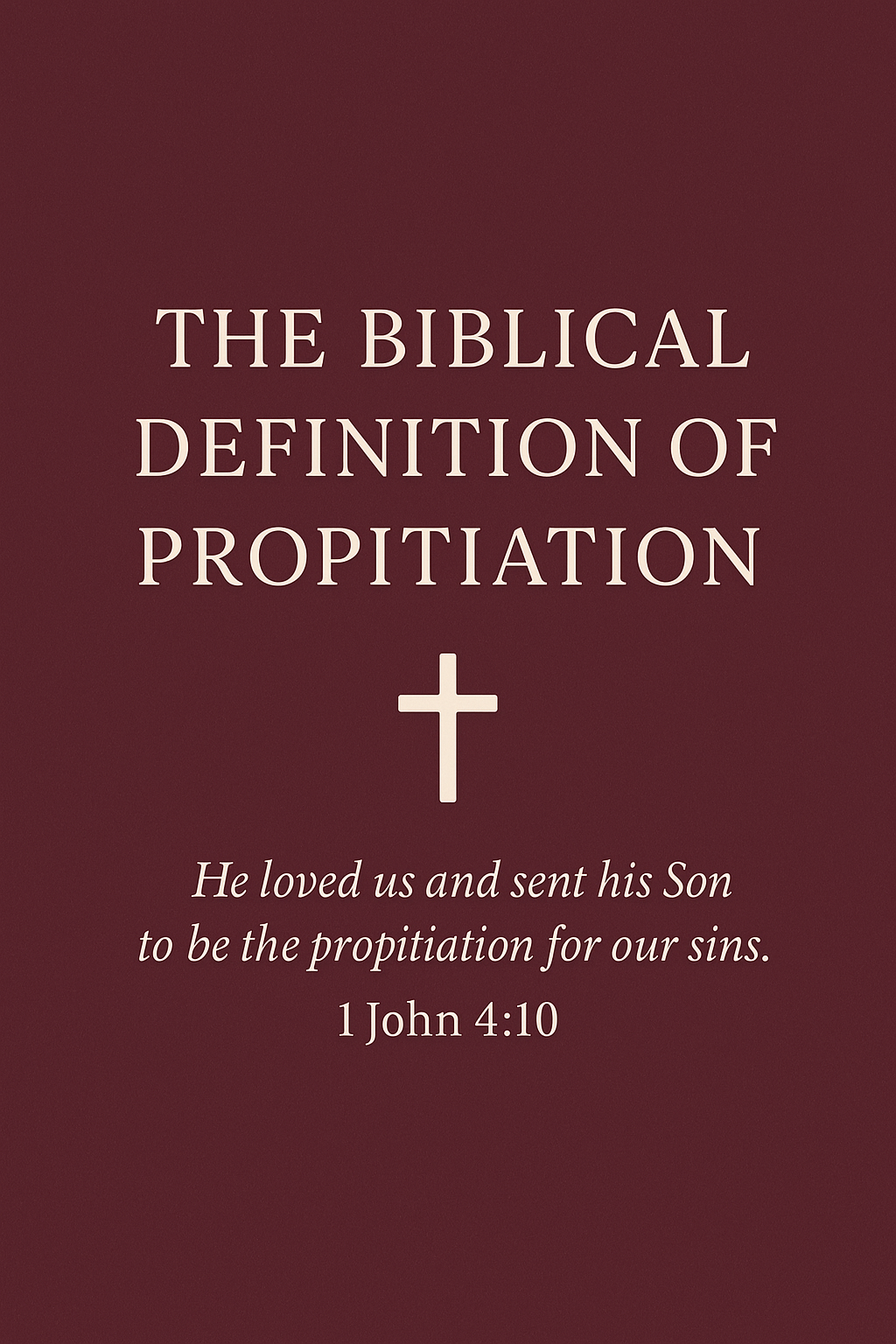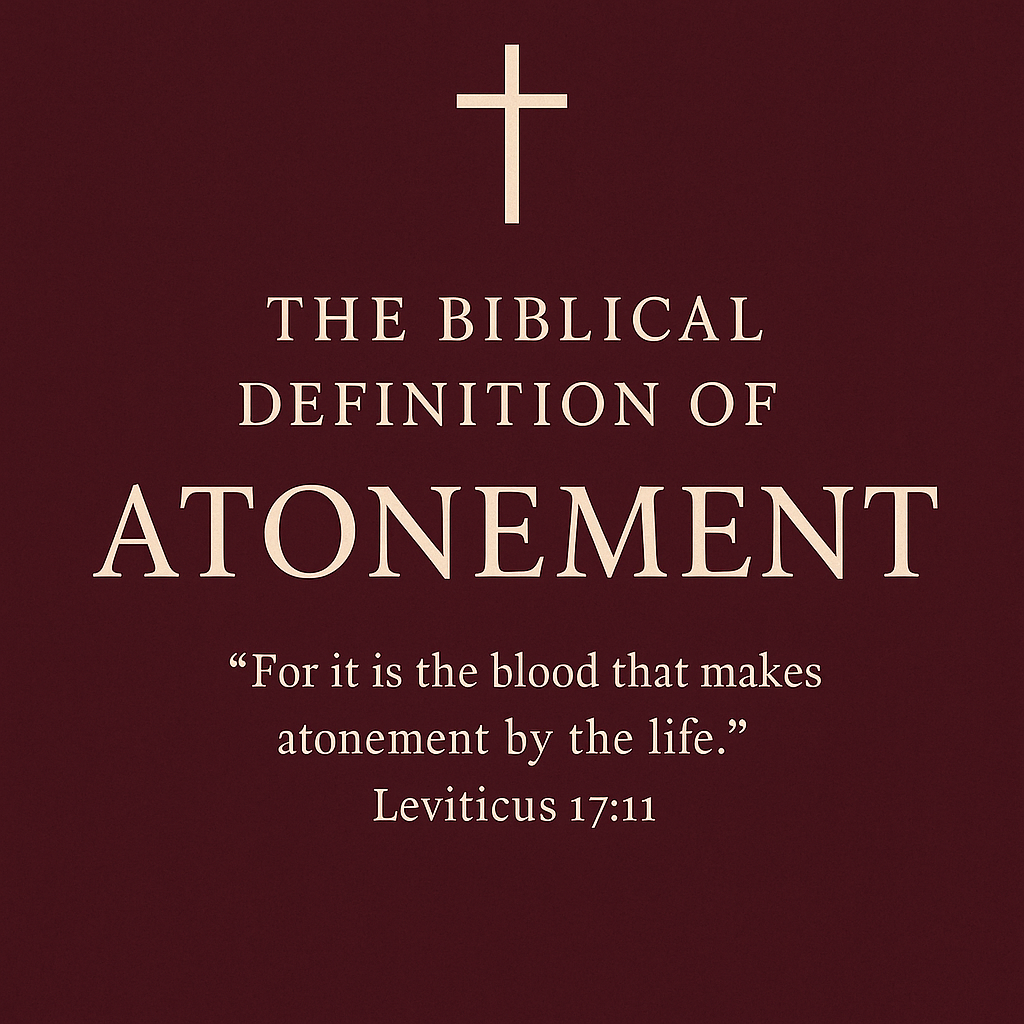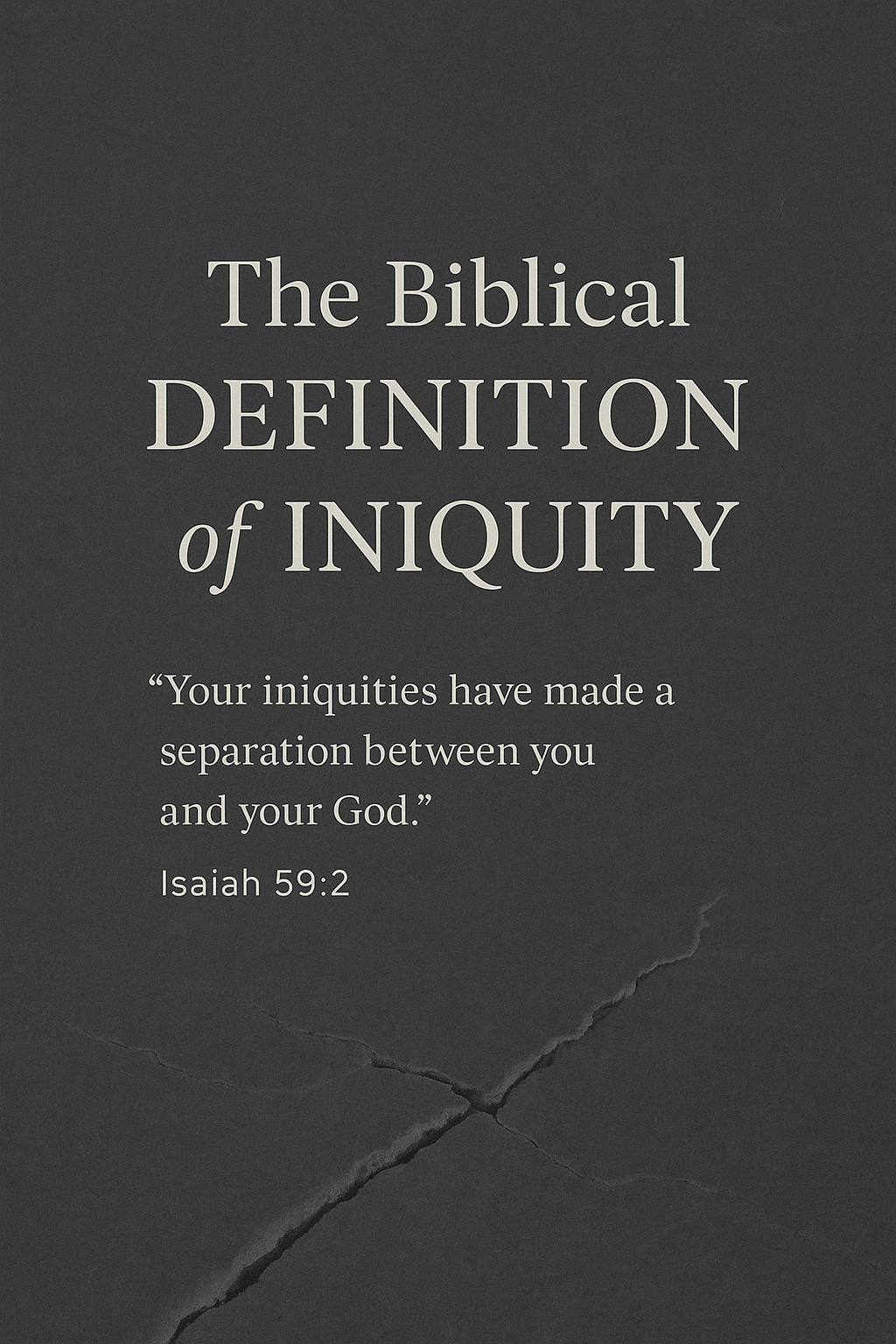Biblical Definition of Sovereignty
The biblical definition of sovereignty is foundational to understanding the nature of God and His relationship to creation. In Scripture, sovereignty refers to God’s absolute right and power to rule over all things according to His will, purpose, and pleasure. This doctrine assures believers that nothing happens outside of God’s control, and that His authority is unmatched and unchallenged315.
What Does Sovereignty Mean in the Bible?
At its core, sovereignty means supreme authority. In a biblical context, it specifically refers to God as the ultimate ruler, king, and Lord over all creation. The term “sovereign” is not frequently used in most English translations of the Bible, but the concept permeates both the Old and New Testaments. The Hebrew name for God, Yahweh, is often translated as “Lord,” emphasizing His position as the one who rules over all13.
Scripture repeatedly affirms God’s sovereignty:
Genesis 1:1: “In the beginning God created the heavens and the earth.”
This opening statement establishes God’s authority as Creator, setting the stage for His sovereign rule over the universe3.Psalm 115:3: “Our God is in the heavens; he does all that he pleases.”
This verse highlights God’s freedom and power to act according to His will, without limitation3.Daniel 4:35: “All the peoples of the earth are regarded as nothing. He does as he pleases with the powers of heaven and the peoples of the earth. No one can hold back his hand or say to him: ‘What have you done?’”
Here, God’s sovereignty is set against human power, showing that no one can thwart His purposes37.
Key Aspects of God’s Sovereignty
1. God’s Control
God’s sovereignty means He exercises complete control over all things—nature, nations, and individual lives. Nothing can prevent Him from accomplishing His purposes17.
“I know that you can do all things, and that no purpose of yours can be thwarted.” — Job 42:27
God’s control is universal and efficacious. He governs the natural world (Psalm 65:9–11), human history (Acts 17:26), and even the free decisions of individuals (Proverbs 16:9)1. This includes both the good and the difficult aspects of life, as God works “all things according to the counsel of his will” (Ephesians 1:11)2.
2. God’s Authority
God’s sovereignty is not just about power, but also about authority. He has the right to command and expect obedience from His creation. The Ten Commandments begin with God identifying Himself as Lord, the sovereign Redeemer, and on that basis, He issues His commands (Exodus 20:1–2)1.
“You rule over all the kingdoms of the nations. In your hand are power and might, so that none is able to withstand you.” — 2 Chronicles 20:67
God’s authority is absolute, transcending all human loyalties and applying to every area of life (1 Corinthians 10:31; Colossians 3:17)1.
3. God’s Presence
Sovereignty also includes God’s covenantal presence. He is not a distant ruler, but intimately involved with His people and His creation1. The name Yahweh, often translated as “the Lord,” expresses this personal and relational aspect of God’s rule.
Biblical References on Sovereignty
The Bible is replete with verses that affirm God’s sovereignty:
Isaiah 46:9–10:
“I am God, and there is no other; I am God, and there is none like me, declaring the end from the beginning and from ancient times things not yet done, saying, ‘My counsel shall stand, and I will accomplish all my purpose.’”2Proverbs 16:33:
“The lot is cast into the lap, but its every decision is from the Lord.”2Matthew 10:29:
“Are not two sparrows sold for a penny? And not one of them will fall to the ground apart from your Father.”2Psalm 33:10–11:
“The Lord brings the counsel of the nations to nothing; he frustrates the plans of the peoples. The counsel of the Lord stands forever, the plans of his heart to all generations.”7
Theological Perspectives on Sovereignty
Calvinist View
Calvinists emphasize that God’s sovereignty means He ordains and governs all events, including salvation and human choices. This view stresses God’s absolute control and the certainty of His purposes being accomplished51.
Non-Calvinist View
Non-Calvinists may distinguish between God’s right to rule (sovereignty) and the way He exercises that rule (providence). While affirming God’s ultimate authority, they may emphasize human responsibility and the reality of human choices within God’s sovereign plan59.
Distinguishing Sovereignty from Omnipotence
It’s important to note that sovereignty is not the same as omnipotence. Omnipotence refers to God’s inherent unlimited power, while sovereignty is about His right and authority to exercise that power over creation5. Sovereignty is contingent upon creation—it is God’s rule over what He has made.
Sovereignty and Human Responsibility
A common question is how God’s sovereignty relates to human responsibility. The Bible teaches both: God is fully sovereign, and humans are genuinely responsible for their actions18. This tension is seen in passages like:
Philippians 2:12–13:
“Work out your own salvation with fear and trembling, for it is God who works in you, both to will and to work for his good pleasure.”
Sovereignty in Everyday Life
Understanding God’s sovereignty brings comfort and stability, especially in times of uncertainty or suffering. Believers can trust that God is working all things for His glory and their good (Romans 8:28), even when circumstances are difficult2.
“Many are the plans in the mind of a man, but it is the purpose of the Lord that will stand.” — Proverbs 19:212
Common Misunderstandings
Some believe that God’s sovereignty means He directly causes everything, including evil. However, the Bible distinguishes between God’s sovereign permission and His moral will. For example, 2 Peter 3:9 says God is “not willing that any should perish,” yet people do perish—showing that not everything that happens is God’s moral desire9.
Why the Biblical Definition of Sovereignty Matters
Assurance: God’s sovereignty assures believers that nothing is outside of His control.
Worship: Recognizing God’s authority leads to deeper worship and reverence.
Obedience: Understanding that God is Lord motivates faithful obedience.
Hope: In suffering, God’s sovereignty provides hope that He is working out His perfect plan.
Conclusion
The biblical definition of sovereignty is that God is the supreme ruler who exercises absolute authority and control over all creation, according to His will and for His glory. This doctrine is not just a theological concept but a source of comfort, stability, and motivation for every believer.



















